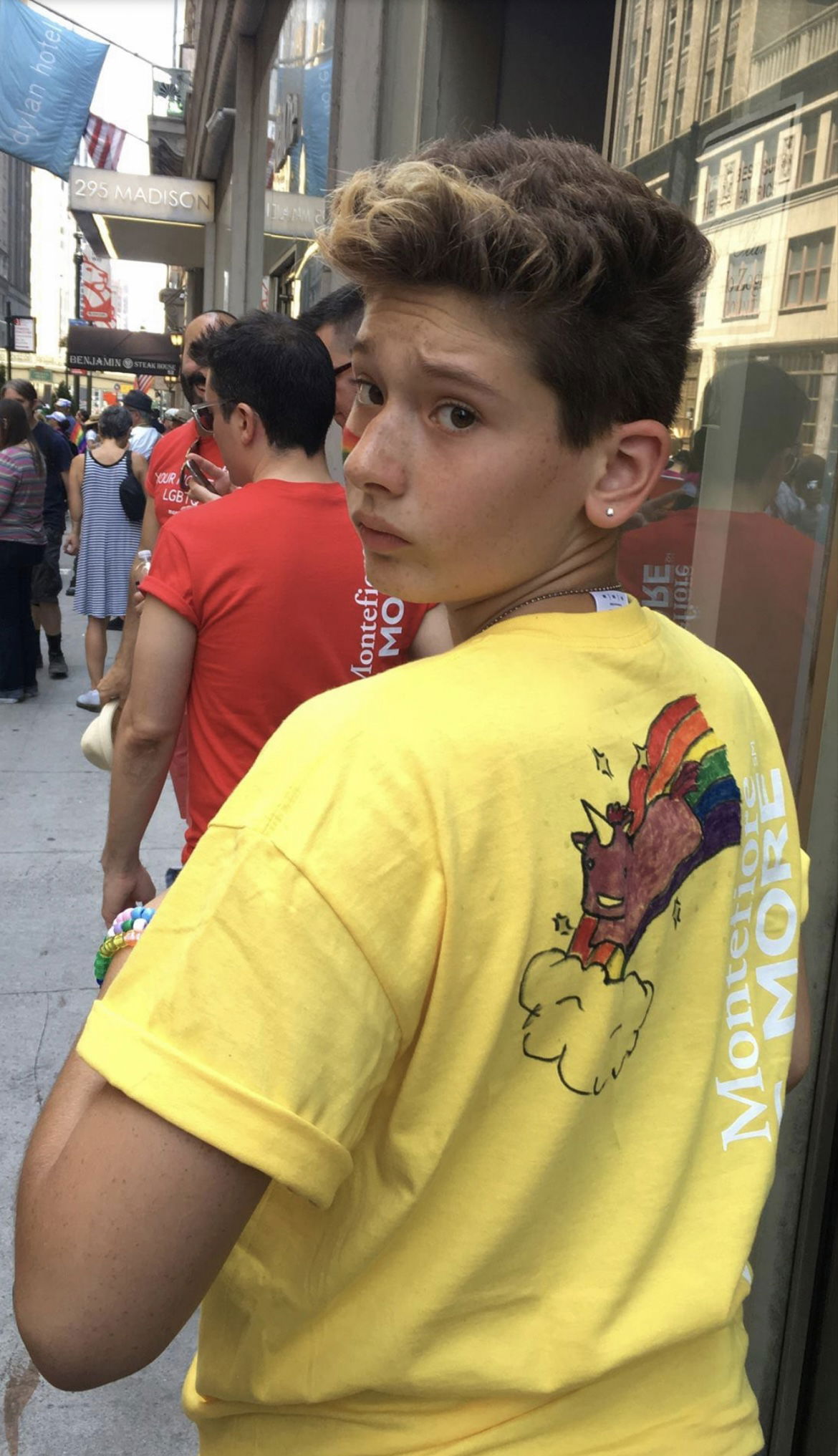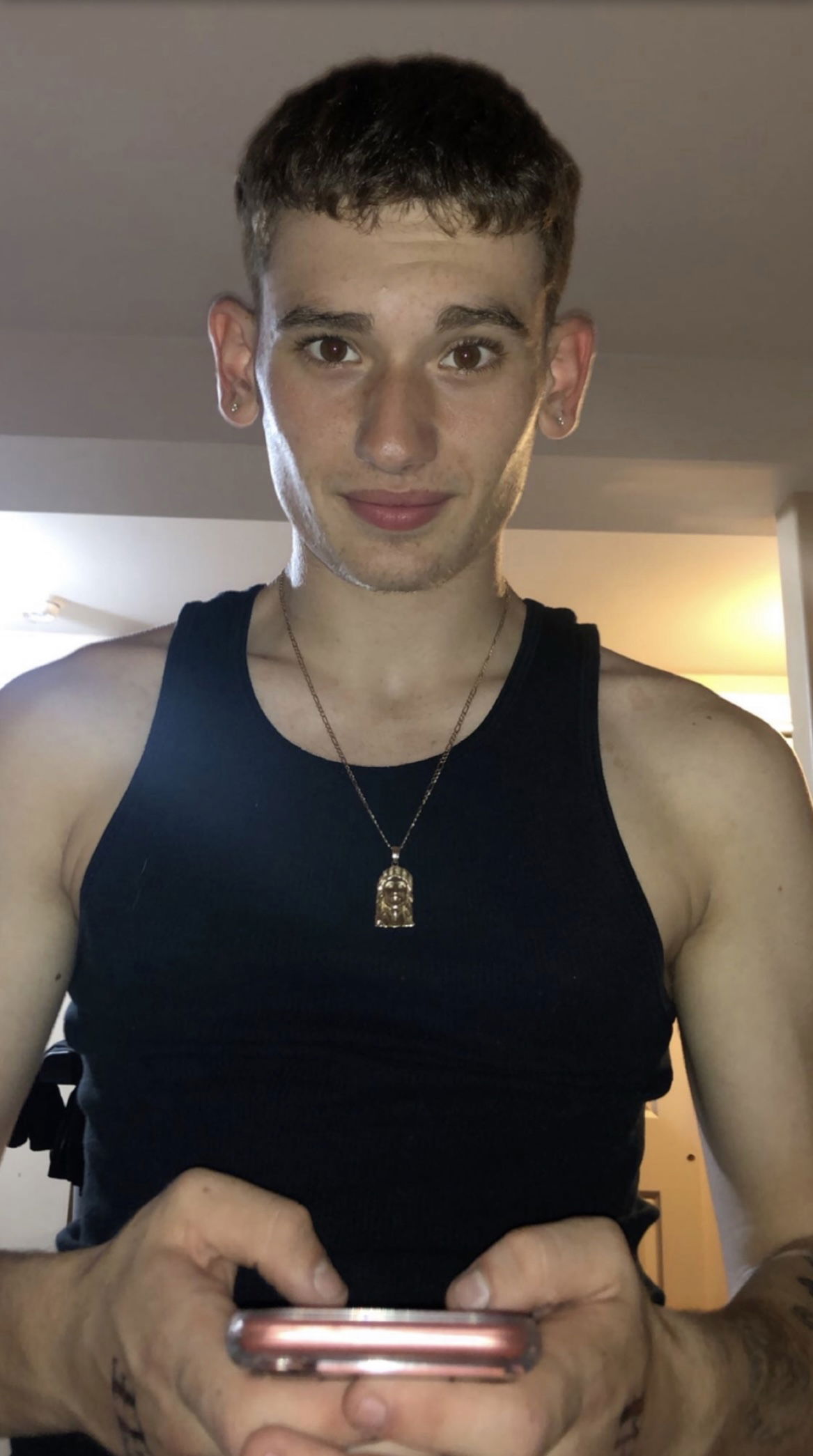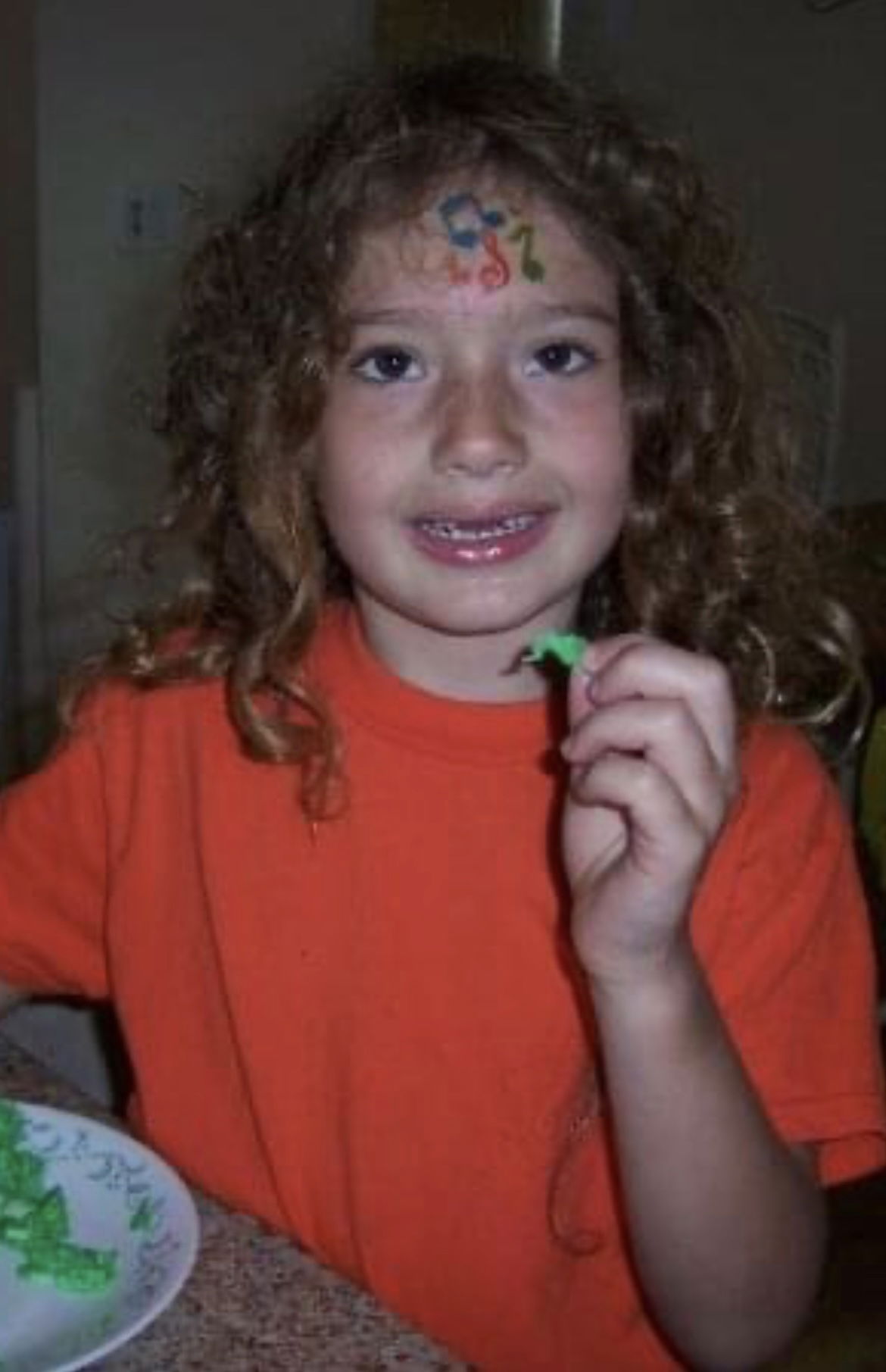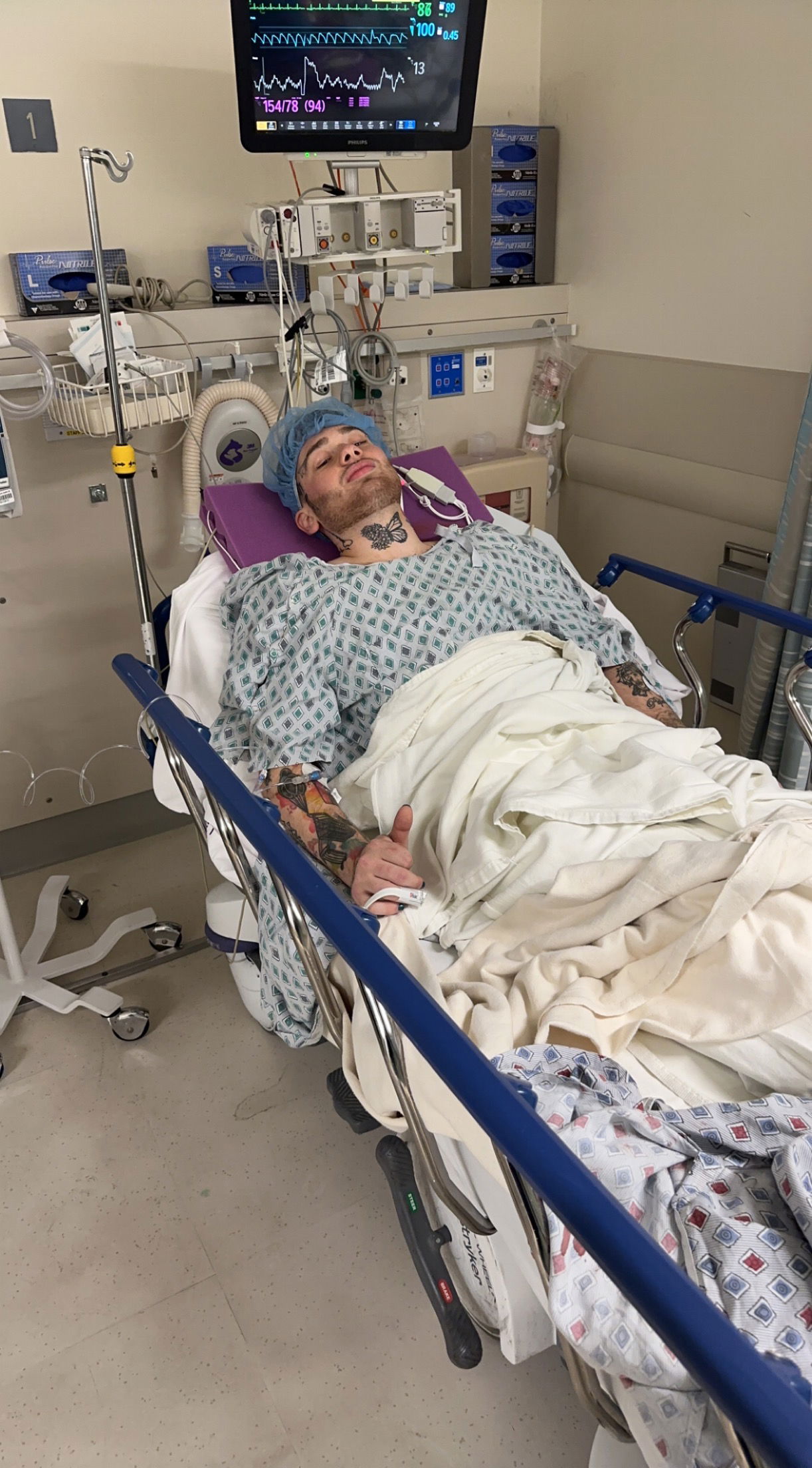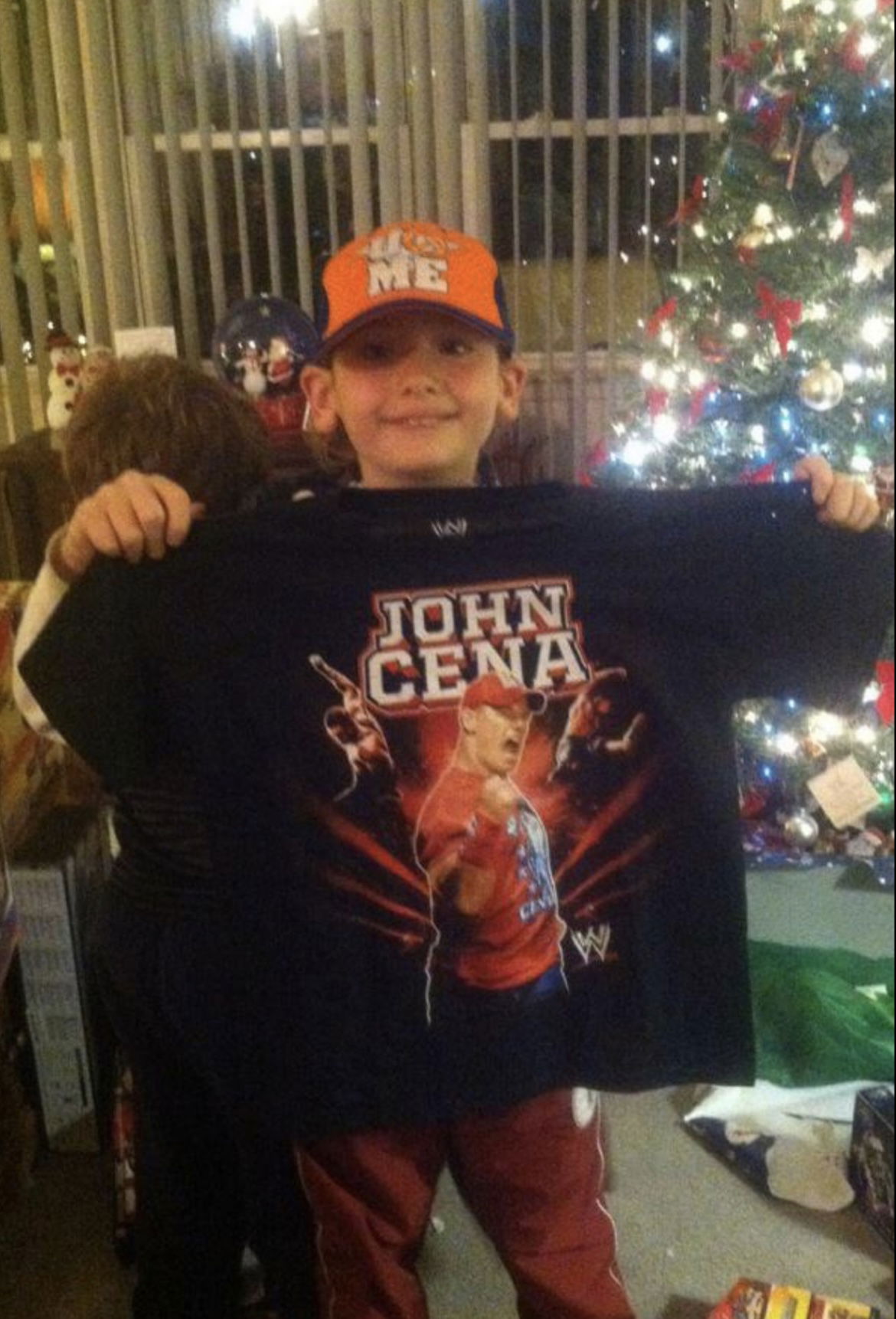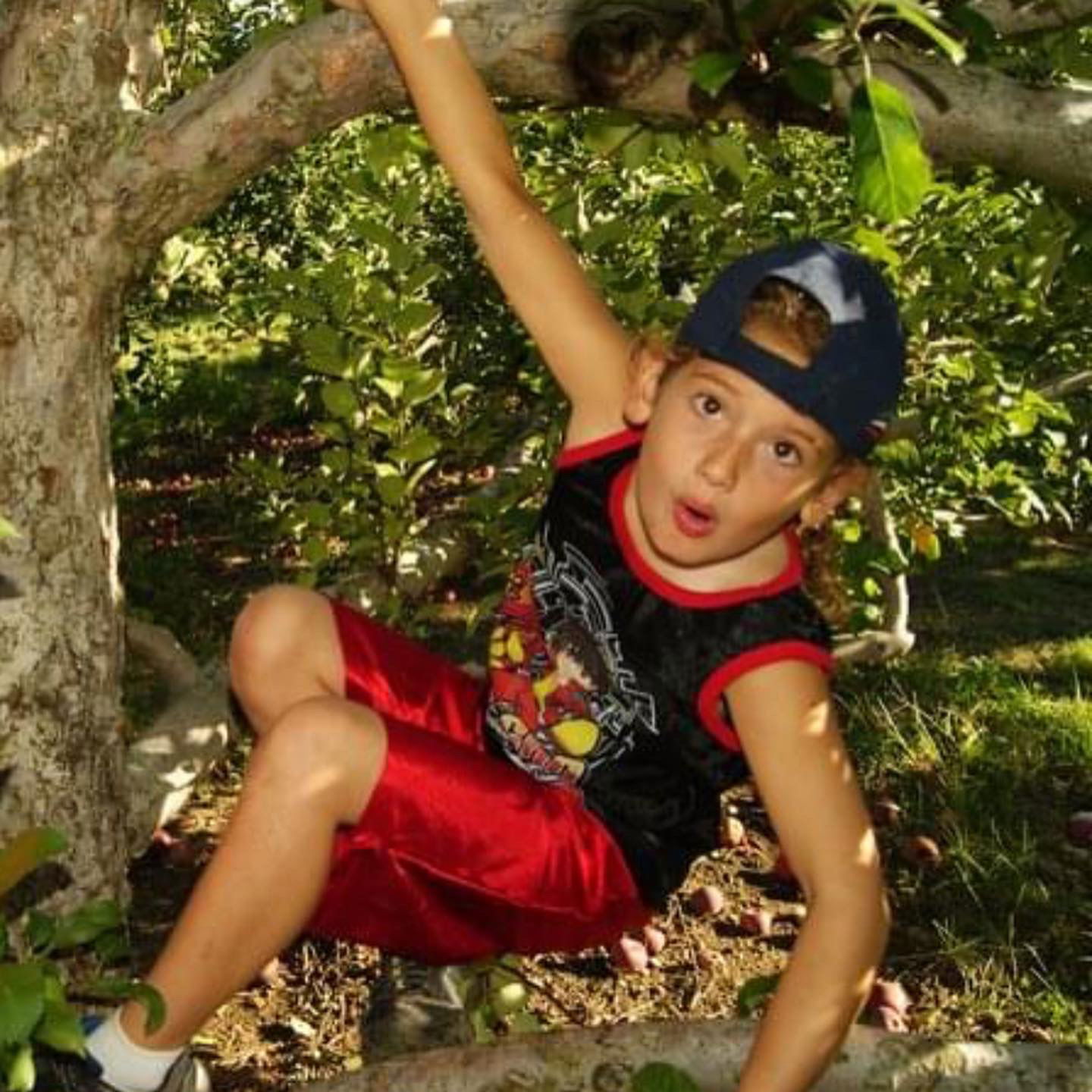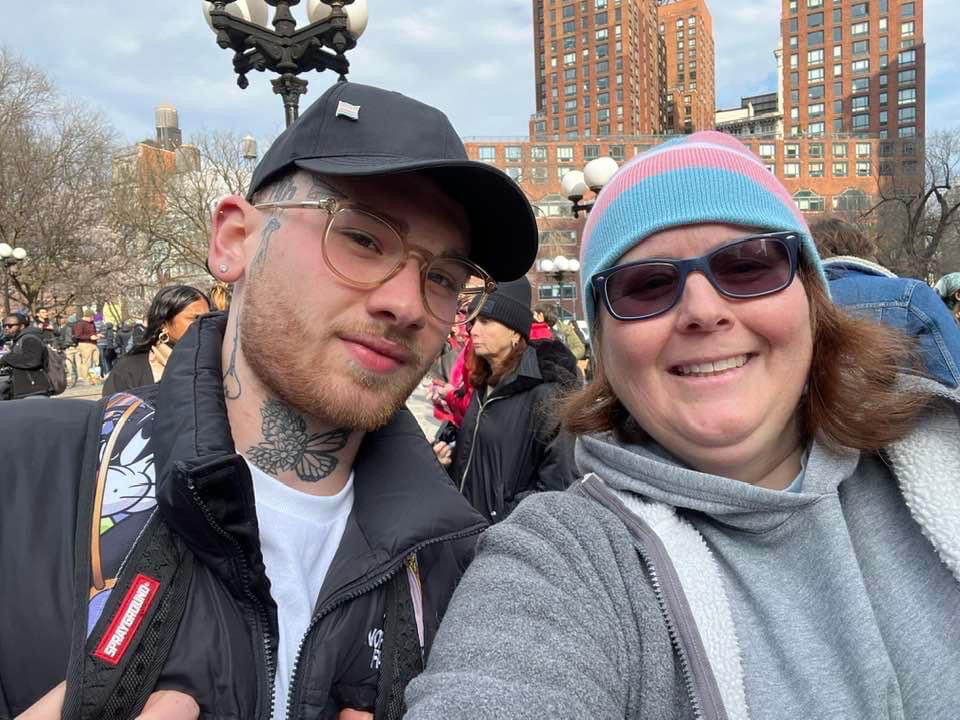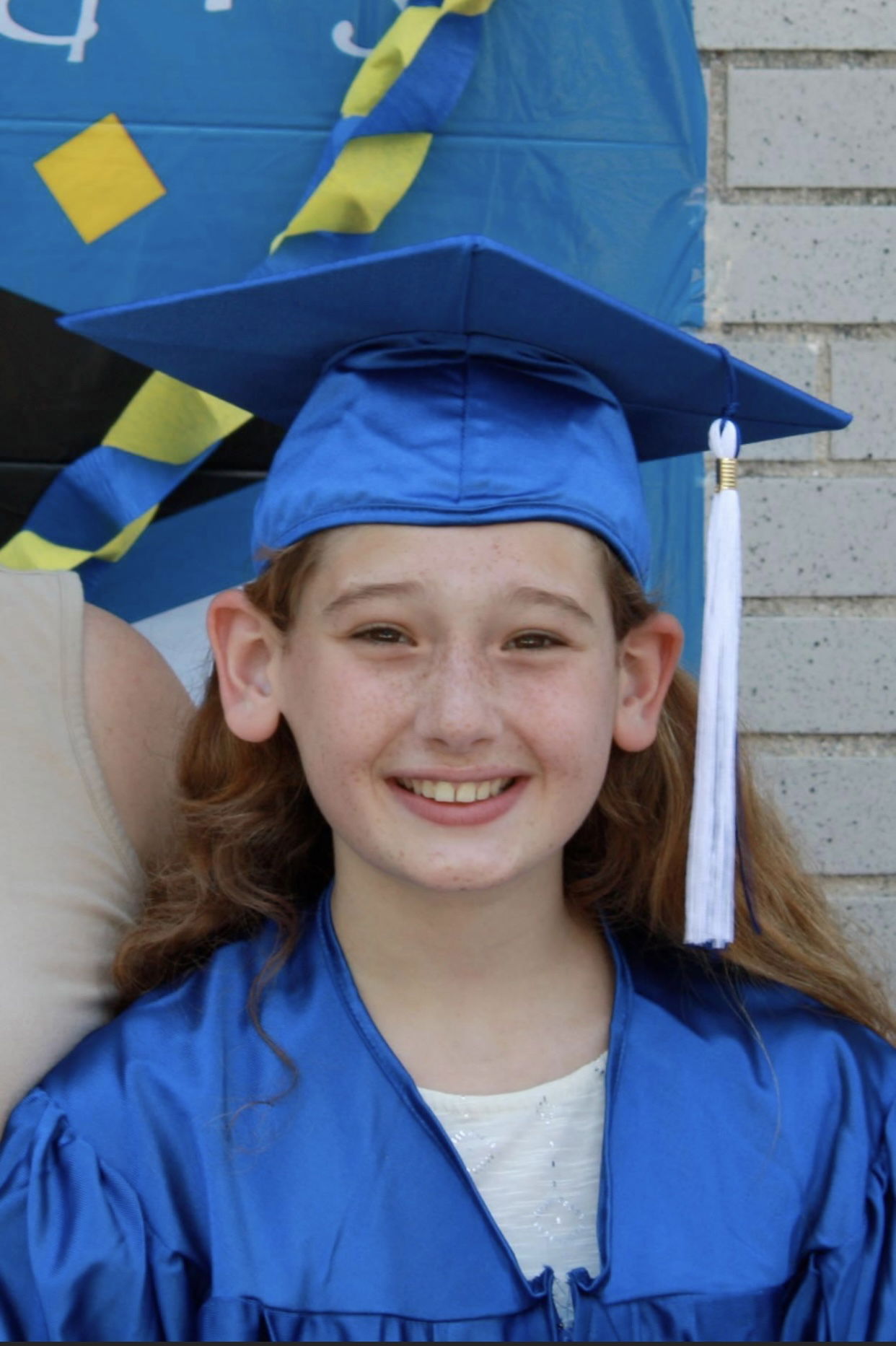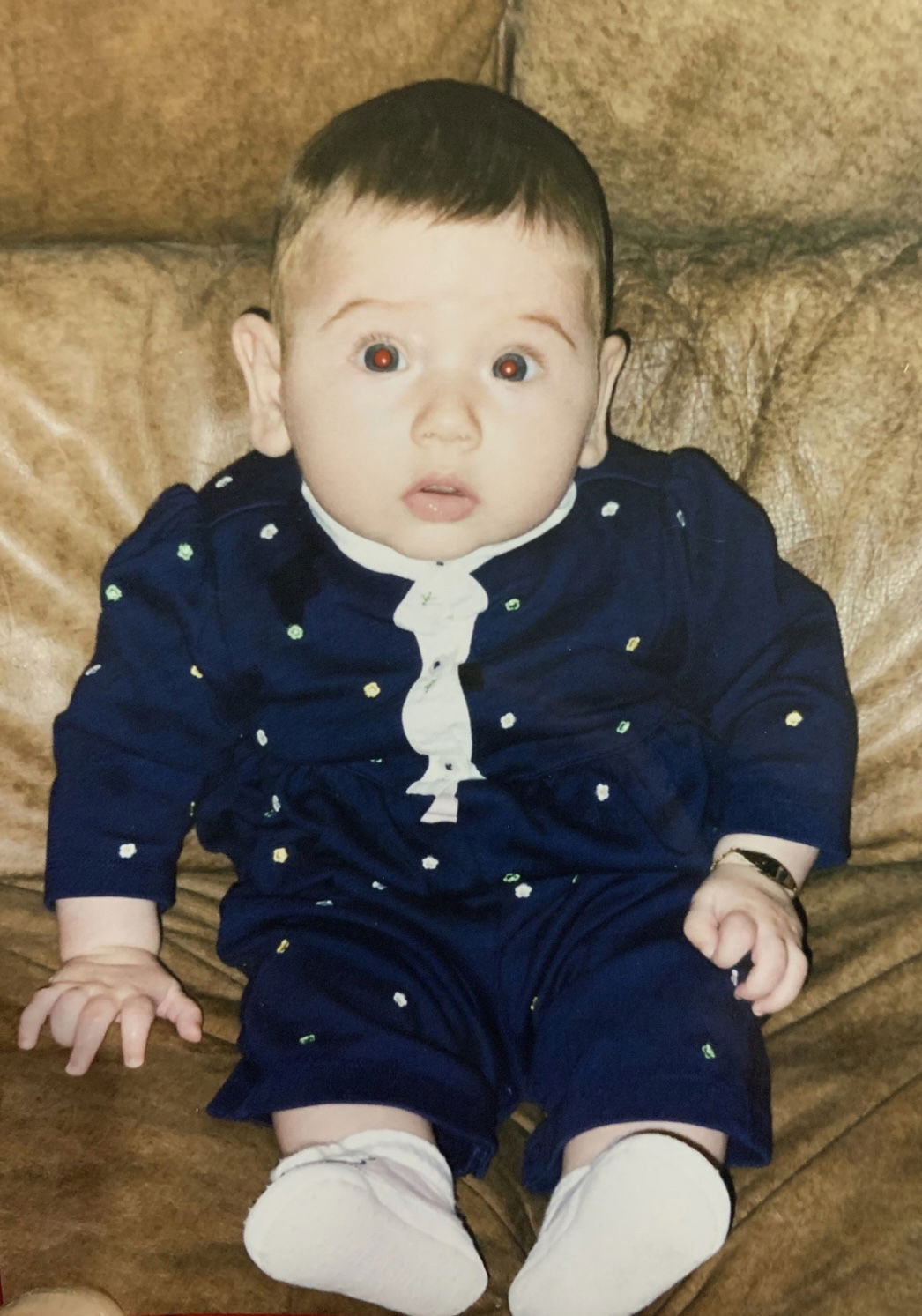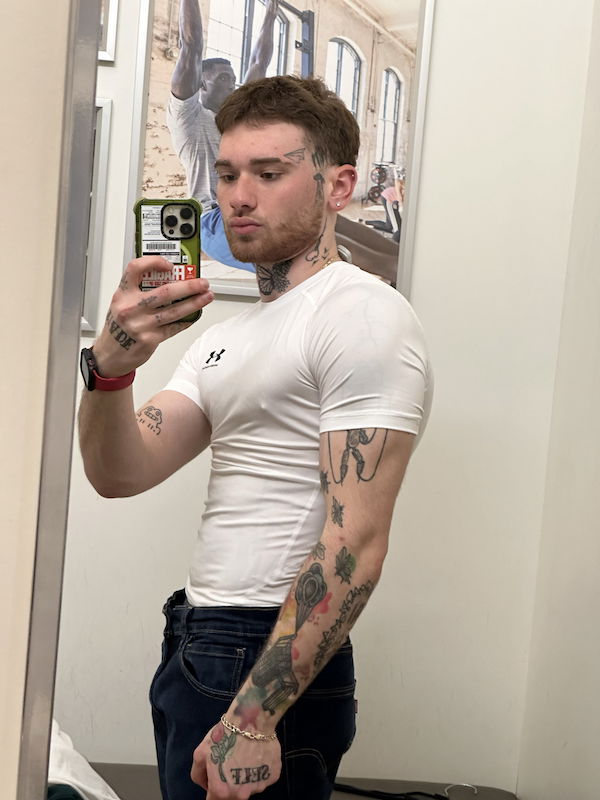Reece, 20 he/him/his
Q. What is your name, age, pronouns and how do you identify? Please include any intersectional identities that are important to you and your lived experience. Where did you grow up?
A. My name is Reece Camillo and I’m a trans man. I am 20 years old and I grew up in the Bronx, NY.
Q. How old were you when you first became aware that you did not identify with the sex you were assigned at birth? What are your earliest memories of being different from cis kids?
A. I came out at a young age. An easy way of explaining my feelings of dysphoria is “I knew I was a boy, but didn’t have the terminology to do anything about it.” I remember my first handful of memories being me wishing I could be a boy somehow, not knowing being transgender existed. I remember constantly being asked “are you a boy, or a girl?” and having discomfort answering.
Q. What messages did you receive from others about your gender expression? Was it positive, negative or a mixture? Did you try to conform to gender norms and if so, how did this impact you?
A. Many people commented on how I dressed, held myself, and talked. Saying I didn’t speak very “lady like” or that I should let my hair down so it’s “pretty,” which I now know were just projected social constructs that were pushed on me from adults who were close minded. From this I learned comfort in my masculinity and eventually my femininity too. Clothes, expression, and hair don’t have genders.
Q. How old were you when you discovered language to describe your trans experience? How did discovering language to explain your relationship to gender impact you? How did it impact you to discover that there were other people who also felt similar to you? What were your earliest representations of trans people?
A. The summer of 2015, I was 11. I googled “can a girl actually be a boy” and TRANSGENDER and DYSPHORIA popped up on my screen; suddenly I could breathe. I could put terms to the discomfort I’ve felt since I’ve been here. I knew I was a boy before the Google search, knowing I was a boy, living in the wrong body, I mistakenly thought that something was always wrong with me. Coming out saved my life.
Q. When did you come out as trans? What was this experience like for you?
A. I came out luckily to accepting parents who welcomed the idea, with a little hesitation, but only out of lack of knowledge on the topic. But I feel grateful to have parents who supported my transition.
Q. Were you able to access what you needed in order to socially and/or medically transition at that time?
A. Since I was 11, testosterone was obviously off limits, but! After begging my parents for about a month I got a haircut, binder, new clothes, new pronouns and a cool new name, that I actually felt comfortable with and love. About a year of nothing but therapy sessions and more appointments finally I got hormone blockers around 12-13 I can’t remember exactly. Throughout that period I spent time in inpatient care, and struggled very badly with mental health and dealing with the worlds reaction to me being transgender. Luckily my mom somehow managed to speak with a trans author and doing that encouraged my doctor to start me on Testosterone at 14 years old to save my life. And it did. I started testosterone May 1st 2017.
Q. Is there anything you would like to say to trans youth reading your story?
A. I know the world has already taken so much away, I was finally starting to see more kids safer and comfortable to come out at the age I did. I didn’t see any trans kids my age even 9 years ago. So all my fellow trans kids, stay strong. You’re here to stay, you are valid. Being trans is beautiful, strong, resilient, powerful and it’s a community of people who will hold hands as the world tries to burn us down. So never give up, always find a light, and stay strong.
Q. What would you like to say to people who believe that it is wrong to provide trans youth with gender-affirming care?
A. For the many people who “disagree” with healthcare for trans people. You are not protecting kids, you are killing them. Trans people know who they are. If you don’t believe me, try listening to other trans people, hear their story, and really listen.
Q. What does trans joy look like in your life today?
A. Trans joy today for me, is simply existing as my trans self, being unapologetic in who I am and how I present myself to the world, because it’s not for them, it’s for me.
